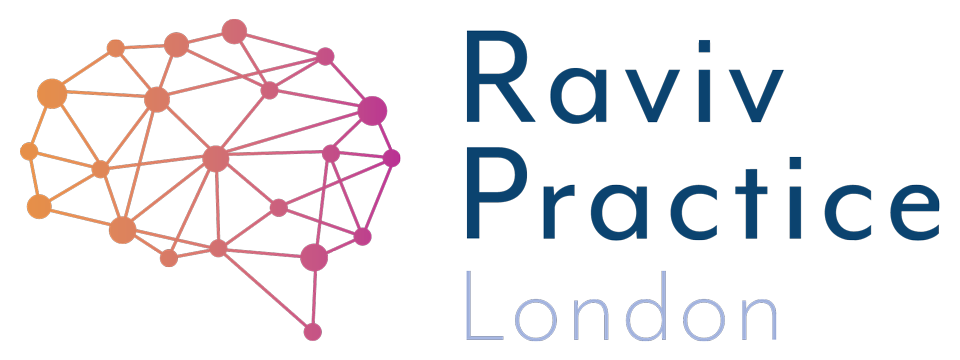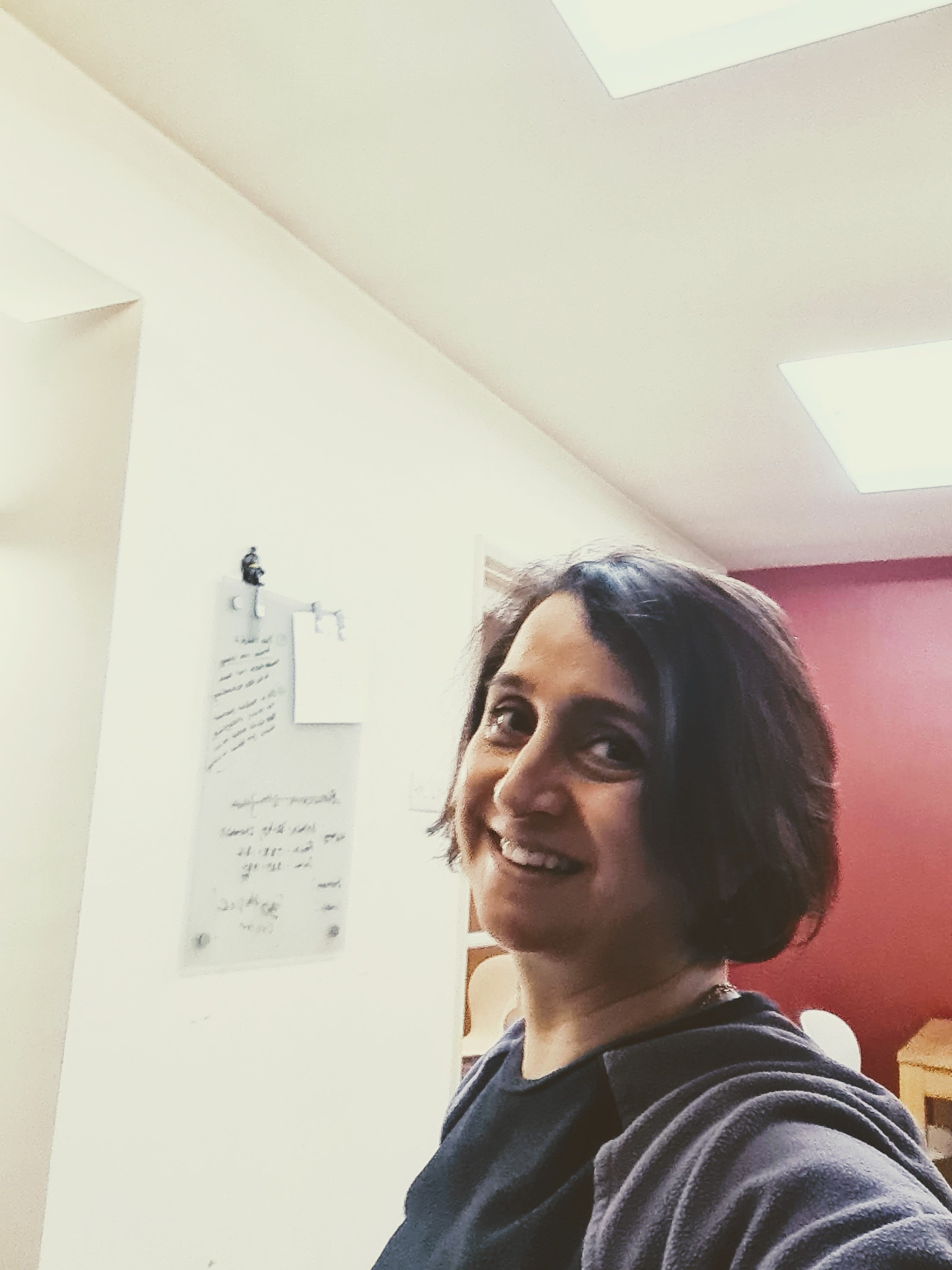What age can I get my child assessed for dyslexia?
“What age can I get my child assessed for Dyslexia?” We get asked this a lot here at Raviv Practice London. Some have even done a whole load of research and come armed with evidence of their child having symptoms of dyslexia.
We understand their concern. Such parents naturally want what is best for their child, and become worried if they fall behind in school. They are naturally desperate to find out the exact reason and see if there is a solution. At some point, they are bound to ask:
Could it be dyslexia?
What is dyslexia?
Before jumping to any conclusions, it is important to understand what dyslexia is and how it can affect your child. This is also the first step towards understanding how you can help your child if they are indeed dyslexic.
According to the British Dyslexia Association
"Dyslexia is a learning difficulty that primarily affects the skills involved in accurate and fluent word reading and spelling. Characteristic features of dyslexia are difficulties in phonological awareness, verbal memory and verbal processing speed. Dyslexia occurs across the range of intellectual abilities. It is best thought of as a continuum, not a distinct category, and there are no clear cut-off points."
A very detailed and concise answer, but what does it mean?
In layman's terms, dyslexia is when a person:
struggles to process when reading words
struggle to process and formulate what they hear
These struggles can then mean delayed thinking and processing, as well as confusion when they read.
To answer the question in the title, your child can get a formal diagnosis for dyslexia at eight years old. Children cannot be diagnosed before this time because they are still developing literacy skills. We understand that you might be hoping for a diagnosis sooner than that if you and your child are already experiencing a lot of difficulty but, as with any challenge of this kind, it is really important to get the right diagnosis before moving forward – even if that means waiting a couple of years. You, and anyone like us who you come to for help, need to be 100% confident about the diagnosis so that your child can get exactly the help they need.
So what can you do before your child can have a dyslexia diagnosis? The first thing is to understand dyslexia is one of many neurodivergent conditions, and they all have similar symptoms.
Children who have this huge difference between their verbal and academic abilities ….. can make it all the way to university and not even find out they have dyslexia until much later in life.
Is there a family history of dyslexia?
If there is a family history of dyslexia, there is a higher chance that your child may be dyslexic too. This can be an advantage to, as it means you can talk to that family member and find out how it affects them. There are many strengths and weaknesses that come with any form of neuro-divergence, so it could help you prepare if you can see how it already affects your family.
It might even be reassuring for your child to know that someone close to them has dealt with the same problems they have, and might be on hand for them to talk to as well.
What can be done for my child before getting a formal assessment of dyslexia?
No-one expects you to jump into the shoes of a professional dyslexia tutor, but you certainly have the basic skills to make a significant positive impact on your child, and they will love the extra attention you’re giving them.
One of the most important things you can do is: Listen to your child talk.
Before a child can read, they need to be proficient in speaking, which is where you might notice some clear signs of delayed speech. In which case, continue with nursery rhymes and get them to become masterful in manipulating sounds they hear. Practise in a quiet environment and make things clear and loud!
It may be that there is no apparent delay in speech, but they still get their words jumbled. Your child may say things like, 'remon' in place of 'lemon' or 'flutterfly' in place of 'butterfly.' Look out for when your child is getting confused. Focus on getting those words said correctly by getting them to repeat after you. In a noise-free room, you can achieve a lot all by yourself with word repetition.
What if they talk non-stop? Most children can talk forever, and they do! They like telling you all their weird and wonderful ideas and getting excited about discoveries. These children have no sign of any apparent problem. In fact, they appear advanced for their age and may have started talking early.
However, this early language development does not naturally translated into early reading skills. Also, strong speaking and communication skills can actually even make dealing with other neuro-divergence much harder for them: they are so ahead of the game in other ways, that it is very clear to them where they are struggling. They can easily see the difference between themselves and their peers, and it may affect their self-esteem.
Children who have this huge difference between their verbal and academic abilities need to be paid close attention to. They often do not get diagnosed because of their high emotional intelligence and they are very good at learning to adapt and cope to to keep up. These are the kinds of children who can make it all the way to university and not even find out they have dyslexia until much later in life. All the while, they are struggling much more than they need to, of course.
If your child talks non-stop but struggles with academics, I would suggest you allow them to learn by other means such as watching YouTube, TV and any sort of media. They can continue to absorb new information and still be ahead of their peers with their verbal skills.
All children suspected of dyslexia should be taught using multi-sensory methods. This means, instead of being taught in a conventional way of sitting and listening to the teacher, they need touchy-feely things to help them remember what they learn. Over learning is also encouraged - repeated practice of a skill or subject to help reinforce it.
What about letter reversals?
Children with dyslexia often reverse letters, and tend to be bad at spelling. These are probably among the most well-known characteristics of dyslexia, but, because language precedes reading, parents should prioritize the spoken word before reading. Once a child is clear on sequencing sounds with clarity, it becomes much easier for them to understand the letters they are reading. For example, if they are getting confused with letter sounds “b” and “d” or “r” and “l”, then when they see these letters, they will not identify the associated sounds successfully. So sounds, words, and language must come first.
Below are two checklists taken from the BDA, which might help you. And here’s the link to another checklist you can return to us for one-to-one advice.
Parents worried about their infant need to understand in many countries children do not start formal learning until age seven. With the right assistance they can catch up and bridge that gap.
In the next blog I will be talking about how to find a tutor to help your child with their dyslexia.
If you want to find out more on how to help bridge developmental gaps let’s arrange to talk.
Dyslexia? Dyspraxia? ADHD? ASD? Speech & Language? Developmental Delay? Anxiety?
Is every school day a struggle? As a parent, you may feel exhausted and on this journey alone. Each year you see the gap getting wider. You need to do something - change the approach, help your child learn for themselves, find a way to turn this around - to help while you can - do this NOW. the first step is free.
About the Author
Usha Patel is a Neurocognitive Therapist and Director at Raviv Practice London. Parents searching to help their suspected/neurodiverse child can get evidence-based solutions with results in as little as 8 weeks. Those in search of jargon-free help can get started straight away.





